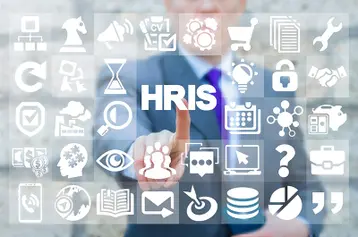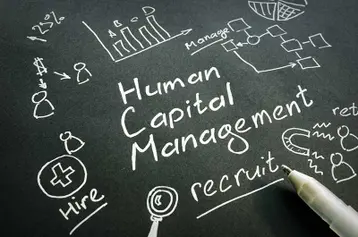Trends & Insights
The workplace is evolving. Get real insight on workplace trends and organizational strategies to set your people and business on the path to success.
Recently Posted

ASO Benefits
Small businesses can reap big benefits by outsourcing HR with an administrative services organization (ASO).
May 16, 2024

HRIS Software: Insights on What to Consider for My Business?
HRIS software can help with core HR processes, automating them as much as possible, plus offer features that build on those functions.
May 16, 2024

All-in-one HRIS Pros and Cons: Is It Right for Your Workplace?
Deciding between an HRIS or point solutions? Here are the pros and cons of each and how they differ.
May 16, 2024






















